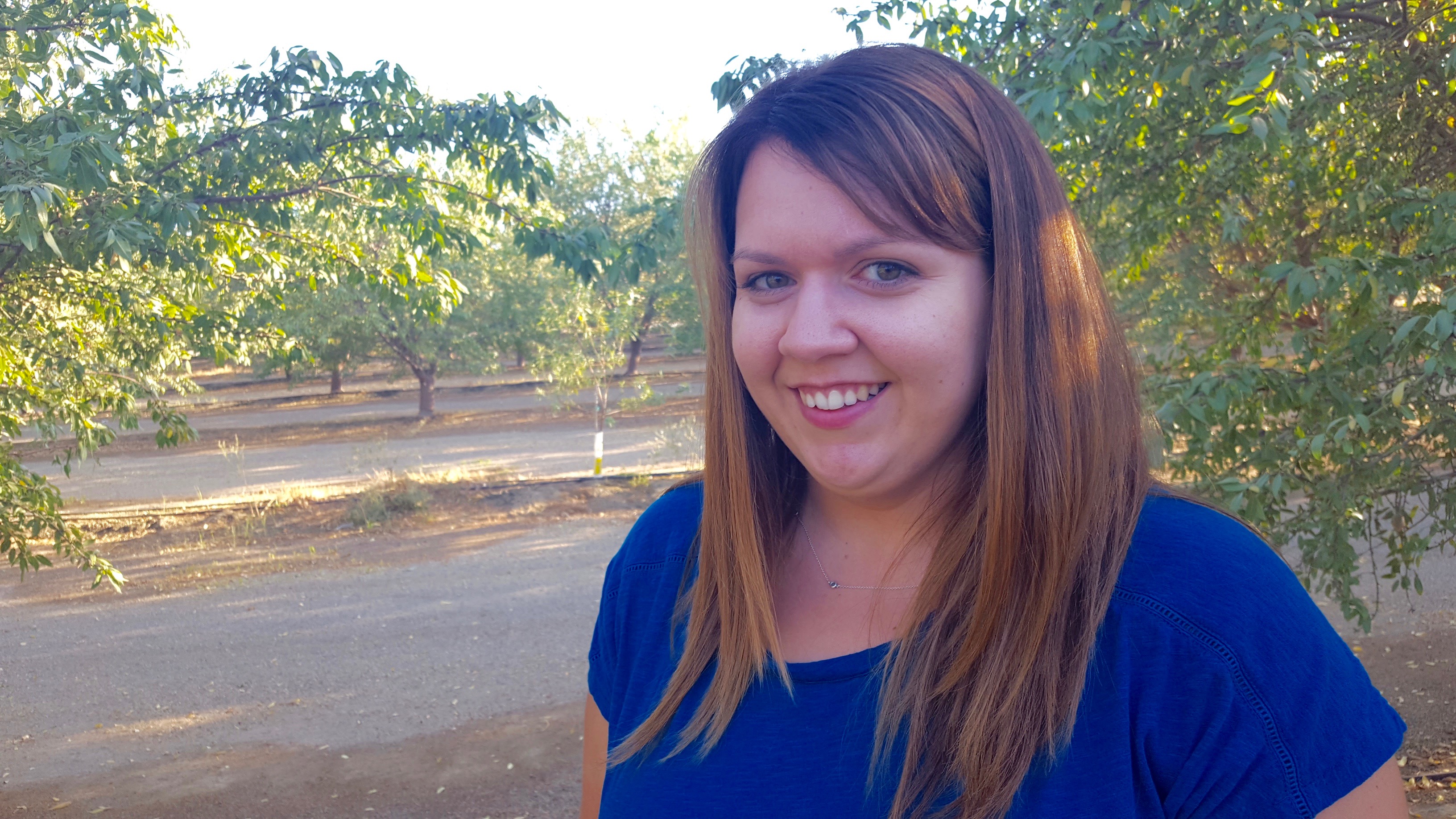Bayer Helps Youth “Agvocate” For Farmers
Farming Operations Represent 21 Million Jobs
By Mikenzi Meyers, Associate Editor
Less than two percent of the United States population is working in agriculture. This may not sound like much, but let’s break it down. Two percent of the population means roughly 21 million jobs, 10 percent of the total workforce, and more than 160,000 farms. The greatest credibility for this huge industry goes to the farmers who work 365 days a year to feed the world. But who is advocating for them while they’re out in the field? That’s where Rob Schrick and Bayer Crop Science comes in.
Schrick, the Strategic Business Director for Bayer, knows the importance of promoting the industry and making consumers more aware of where their food comes from.
 “What we’re trying to get across is that everyone in agriculture needs to lean into the conversation about ag, and be a proud ‘Agvocate’ for our industry,” he said.
“What we’re trying to get across is that everyone in agriculture needs to lean into the conversation about ag, and be a proud ‘Agvocate’ for our industry,” he said.
Explaining the importance of farming, using both science and an emotional connection is key to getting this incredibly important concept across.
One way Bayer is striving to accomplish this goal is by working with youth involved in 4-H.
“We’re trying to get the kids even more excited about STEM,” Schrick explained.
STEM is a program that combines Science, Technology, Engineering, and Mathematics to give the kids hands-on education and inquiry-based science learning, which they can relate to agriculture and share with their community.
It is said that today’s youth are tomorrows leaders, and Bayer is helping the future leaders found in 4-H represent the farmers that work so hard to provide the world with a safe, affordable food supply.












